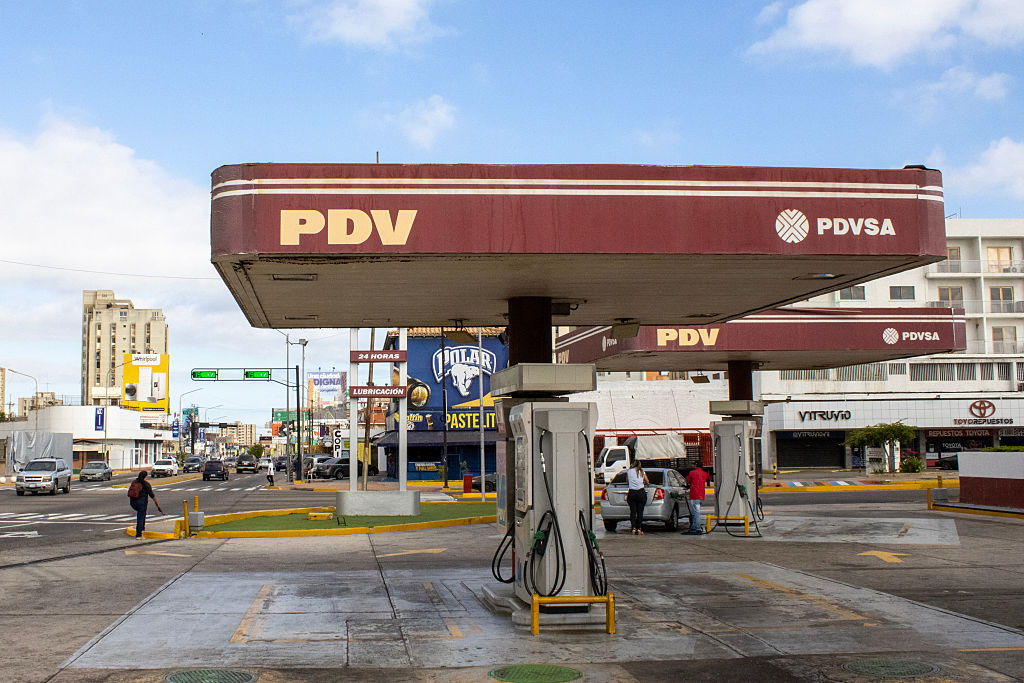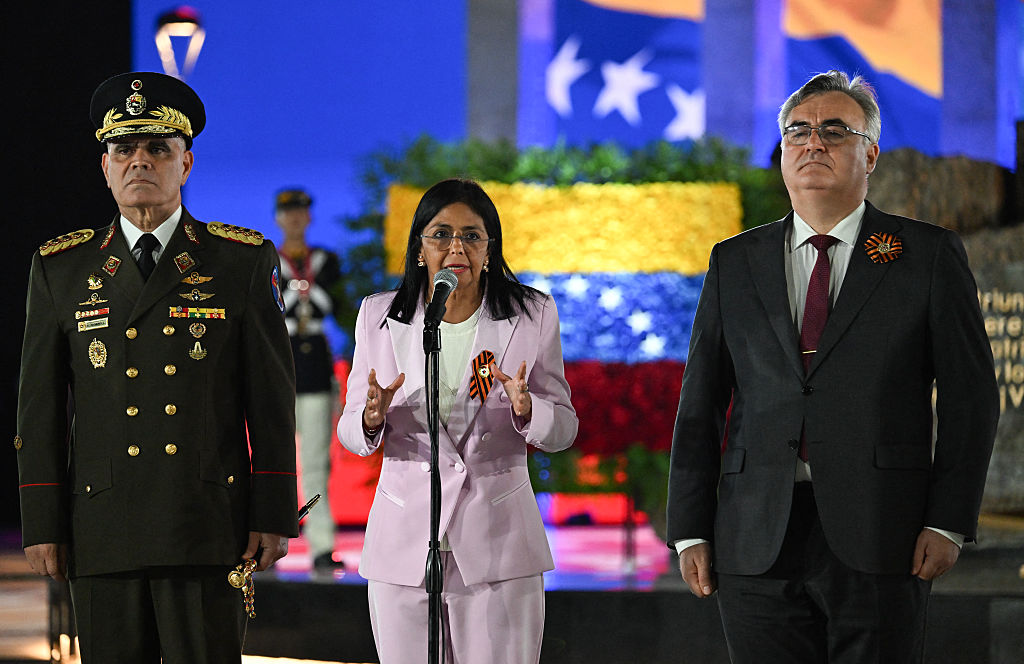The Cartagena Summit: Much Ado About What?
The Cartagena Summit: Much Ado About What?
In an op-ed for Poder, COA's Eric Farnsworth writes that the upcoming Summit of the Americas in Cartagena is the right time and place to address the state of regional democracy.
Colombia’s President, Juan Manuel Santos, will host the next Summit of the Americas in Cartagena April 14-15. It is the sixth since the 1994 summit in Miami. The Colombian organizers have done a heroic job of pulling together this summit under somewhat difficult political conditions. When it comes to these sorts of events, the Colombians have shown time and again that they are professionals.
What is less clear, however, is whether the agenda that has been agreed to in advance by regional governments will have a meaningful impact on the hemispheric trajectory in the 21st century. At one level, the act of meeting together periodically is important because it requires the leaders themselves and their respective bureaucracies to focus at least for a bit on hemispheric issues including the health and strength of institutions such as the Organization of American States.
There is something positive to be said, as well, of a gathering of leaders that takes place under the auspices of the Inter-American Democratic Charter—the OAS affirmation that democracy should be the region’s common form of government and that member countries will work to strengthen it and the norms of democratic governance. Equally important, given the recent establishment of several hemispheric institutions without the participation of the United States or Canada, the Summit of the Americas has consistently been the one venue where North and South America and every democratically elected leader in between continues to come together to promote a common agenda.
At the same time, there are plenty of other venues these days for U.S. and various hemispheric leaders to meet with one another, from the G20 to the North American Leaders Summits to APEC, bilaterals, and the U.N. General Assembly.
To be sustainable, the Summit of the Americas meetings must tangibly advance the agenda. When the Free Trade Area of the Americas was under consideration, the agenda was in some ways self-evident. Since discussions broke down at Mar del Plata, Argentina, in 2005, however, the summits have not dealt with trade. Instead, a lowest-common-denominator approach has become the norm, whereby governments pledge their best efforts to help each other in case of natural disasters, for example, or to improve education and reduce poverty. The summits are now primarily remembered not for substance, regrettably, but for efforts that are made to upstage the U.S. leader who attends them.
In Cartagena, the agenda focuses on technological connectivity across the region, poverty reduction, personal security, and natural disaster mitigation. These are good and worthy items to address, but they ignore the elephant in the room: the state of regional democracy.
The fact is that aspects of democracy have deteriorated in the 10 years the democracy charter has been in force. The charter has not caused this deterioration, but neither has it prevented it, in large measure because it was primarily designed to respond to military coups.
But the main threat to democracy now is an over-consolidation of executive power at the expense of other democratic institutions.
Press freedoms are under attack in some countries. Electoral manipulation is re-emerging as a problem and independent, impartial election monitors are targets of abuse. Corruption continues to challenge state institutions. Rule of law is malleable. The inter-American human rights apparatus is under assault.
The NGO community has raised the alarm about anti-democratic behaviors, but it is governments that must take action on their recommendations. In that regard, the United States has largely muted its concerns with the state of democracy in the hemisphere for some time, fearing that speaking out on the issues will only isolate Washington in the hemisphere. Indeed, that is a possibility. On the other hand, without the United States leading the effort, other nations
are reluctant to raise their voices independently.
Brazil, which seeks a greater regional and global role, has shown little inclination to champion these issues. For its part, the OAS is subject to the direction of its member states which sharply disagree about an appropriate response.
Democracy, in the words of Ronald Reagan, is not a fragile flower. But it does require tending, which is active, not passive. It’s time to get more active tending the garden of democracy in the Americas. The Summit of the Americas would be a good place to begin.
Eric Farnsworth is the Vice President of the Council of the Americas in Washington, DC.








